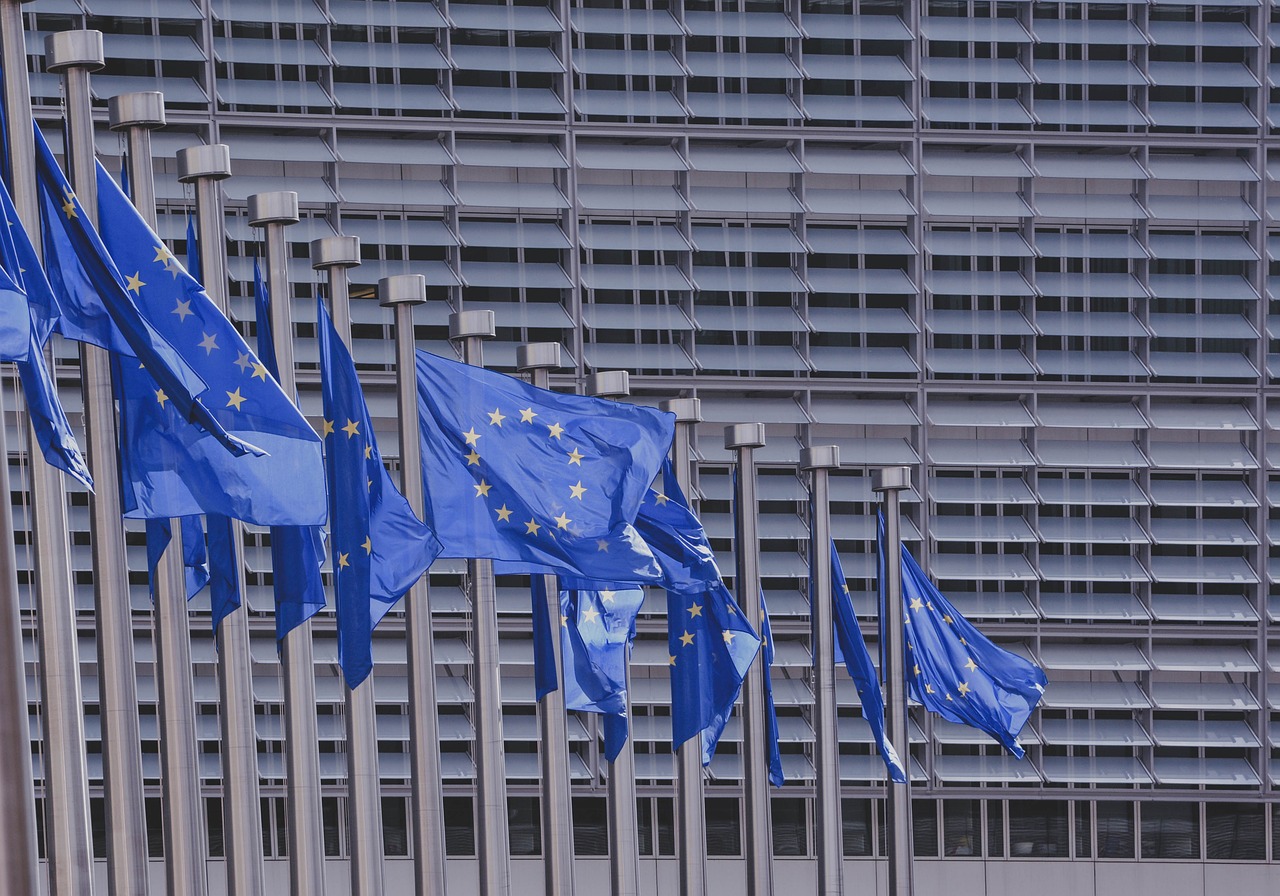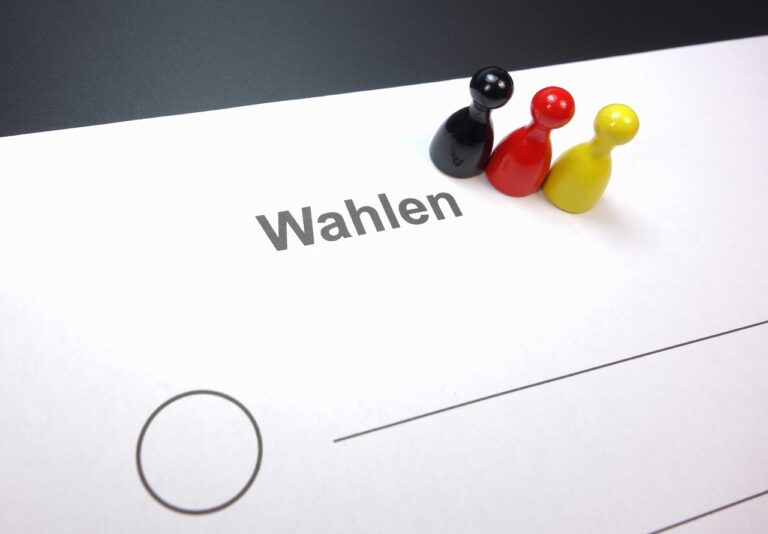The Influence of Election Results on Stock Markets
Political uncertainty can exert profound effects on stock prices, creating an atmosphere of unease among investors. When political events unfold unpredictably, the stock market often reacts with heightened volatility, reflecting the uncertainty and concern felt by market participants.
Uncertainty surrounding government policies, elections, or geopolitical events can lead to erratic movements in stock prices, as investors grapple with the ambiguity of the situation. In times of political turmoil, investors may adopt a more cautious approach, causing fluctuations in stock prices that are driven by emotional reactions rather than fundamental analysis.
Historical Trends in Stock Market Performance Post-Election
Following a presidential election, the stock market tends to experience fluctuations as investors adjust to new policies and economic outlooks. It is common for the market to exhibit heightened volatility in the immediate aftermath of an election as uncertainties loom regarding how the incoming administration will impact various sectors. While this short-term turbulence can create opportunities for agile investors, it can also lead to significant market swings as sentiments adjust to political changes.
Over time, historical data suggests that the stock market tends to stabilize post-election as clarity emerges regarding the direction of policies and regulations. While every election cycle brings unique circumstances that can influence market performance, there is generally a pattern of recovery and normalization in the months following an election. Investors often regain confidence as they gain insights into the new administration’s priorities and as economic indicators provide clarity on the business landscape.
Investor Sentiment and Market Volatility Amidst Election Results
Investor sentiment plays a crucial role in determining market volatility during times of political uncertainty, such as election results. The way investors perceive the outcome of elections can greatly influence their buying and selling decisions, leading to fluctuations in stock prices. High levels of uncertainty and conflicting opinions among investors can result in increased market volatility, as fear and speculation drive trading behaviors to a larger extent than usual.
During election periods, market volatility tends to spike as investors react to new information and potential policy changes that may impact various sectors of the economy. The uncertainty surrounding the future political landscape can lead to sharp fluctuations in stock prices, as investors adjust their portfolios based on their expectations of how different sectors may fare under new leadership. The more divided investor sentiment is, the higher the likelihood of increased market volatility, as conflicting beliefs on the future direction of policies and regulations can create a higher level of uncertainty in the market.
How does political uncertainty impact stock prices?
Political uncertainty can create volatility in the stock market as investors may become hesitant or anxious about the potential effects of new policies or leadership changes.
What are some historical trends in stock market performance post-election?
Historically, stock markets have shown mixed reactions to election results. There have been instances of both positive and negative market movements following elections.
How does investor sentiment influence market volatility amidst election results?
Investor sentiment plays a crucial role in determining market volatility during election periods. Positive sentiment can lead to bullish market behavior, while negative sentiment can result in increased volatility.
How can investors navigate market volatility during election periods?
Investors can navigate market volatility during election periods by diversifying their portfolios, staying informed about political developments, and consulting with financial advisors for guidance on investment strategies.







